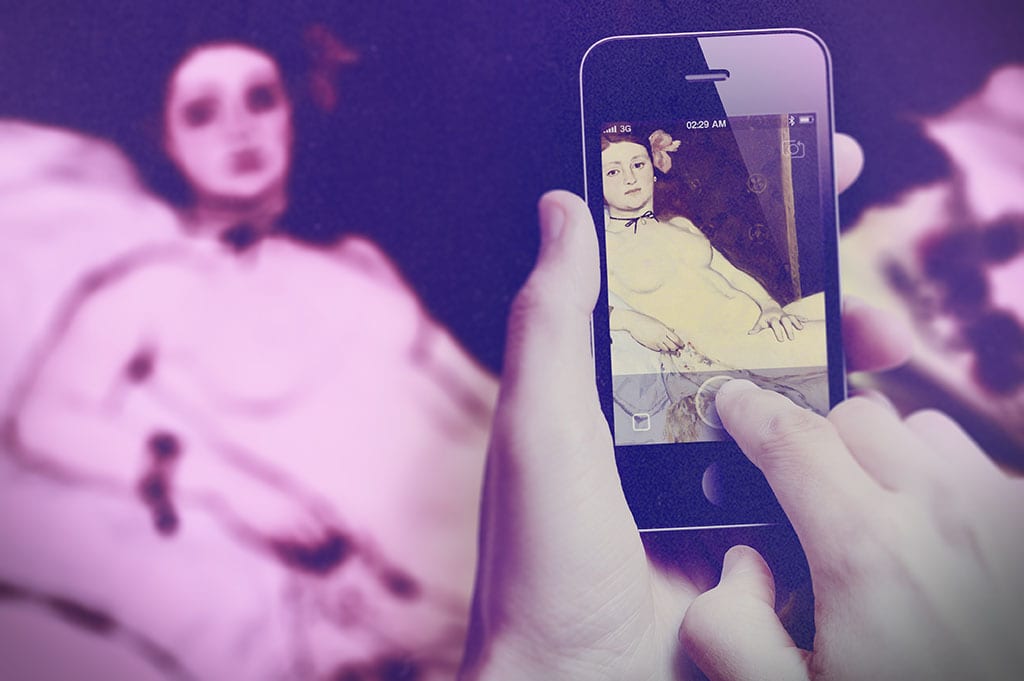There is a steely sense of resolve running through this chilling piece on misogyny in supposedly nice young men. Staged in the traverse, men are made to sit on one side and women on the other, meaning you will inspect each other throughout the show, whether you want to or not. And Best Served Cold will make you very uneasy about this. Because Best Served Cold is an incredible, creeping show that absolutely nails the issue.
This show gets inside the mind of a Young Man, performed with an easy anxiety by Taylor Frost. He’s at university, and he’s telling us of how he met his last crush. Everything was perfect, until he tells us that the sun went in, and he’s suddenly worried, distracted and telling us every example of infatuation he’s experienced. The fragility of his idea of “what’s right” works as a clue to why this slight but friendly looking man is the target of Cordelia Lynn. It isn’t misogyny bred from simply believing the sexes are unequal. It is the misogyny that grows from idolizing women to ridiculous levels, seeing them as “The Best”, and then being unable to process it when The Best doesn’t act according to the standards placed on her. He feels let down, and once he’s been turned down a few times what was latent misogyny, or ignorance, blooms into a fanatical obsession, talking about the characteristics of the “Female”, as if he’s a scientist. His underdog complex that he nurtured to separate himself from alpha males leads him to become defensive, impossible to fault, always the good guy. Frost has a wonderful confidence as a storyteller, often funny, always lively, and his cheeriness convinces us there’s a lot bubbling just under the surface. We aren’t thrust straight in to slavering misogyny. It creeps up on the audience and the performer. And it is very chilling and all too familiar.
The audience divide is used to wonderful effect. The direction of particular lines to particular sides, appealing for recognition of ideas, who laughs more at what. In a gender-based show like this, seeing such a clear split in reactions to the material is almost as interesting as the show itself. This voyeurism is enhanced by a wonderfully sparse set and perfectly selective lighting. There’s just a few bits of filming equipment, standing lights and a camera. The camera lets him record his message, but he also points it at the audience, making increasingly uncomfortable observations. As well as inspecting the Young Man’s mentality, the show also examines how our available technology shapes beliefs. “You can find it on the internet, if you know where to look”, nude photos, revenge porn, cyber-bullying, the past constantly returning at the click of a button so people can endlessly agonise and laugh and tease over anything you’ve ever done. It gets at how being able to record anything affects idealisations, jealousy and shame in a very subtle fashion, saying nothing explicitly.
The casting is spot-on, the direction is nuanced and the production looks wonderful. The writer comes down clearly on a moral side, but through a complex, uncomfortable analysis of how men get this messed up rather than soapboxing. It’s the framing, the delivery and the drip drip drip of this young mans story that builds it into a compelling, powerful work of theatre.

